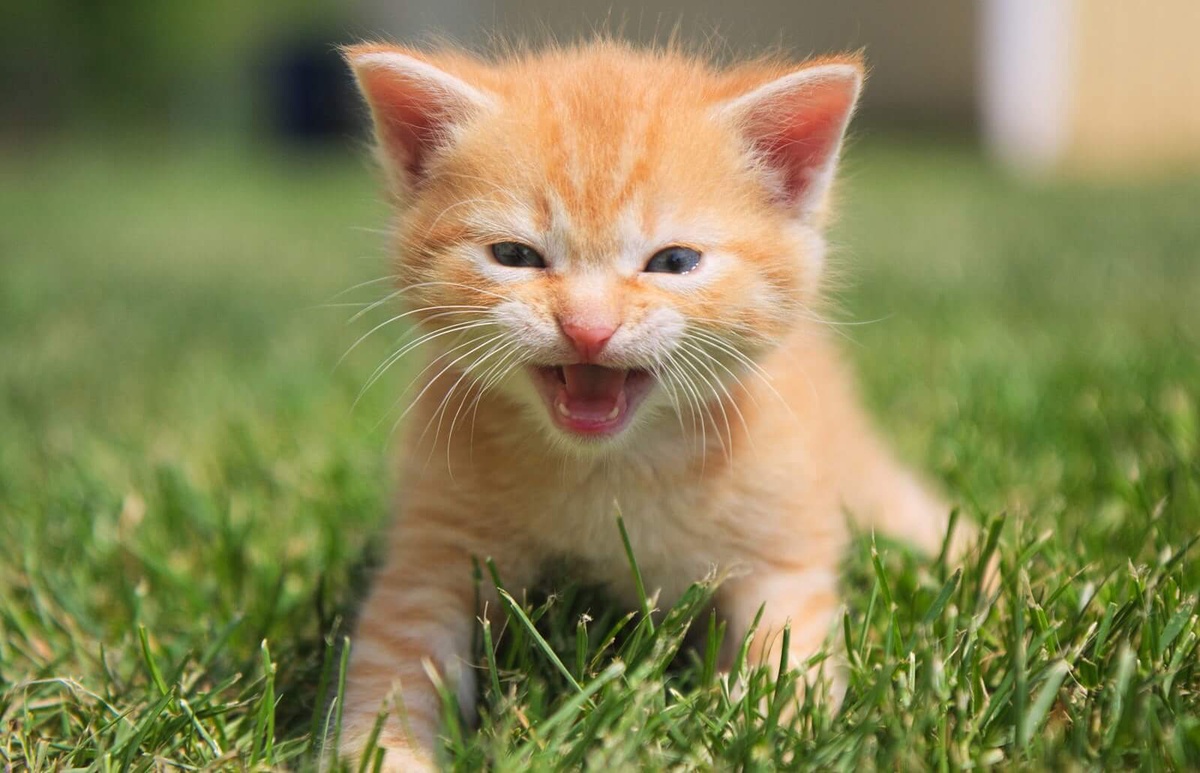Introduction
Cats are renowned for their enigmatic nature, often leaving humans puzzled by their behavior. One of the most common forms of communication used by cats is meowing. While it might seem like a straightforward expression of their needs, there is a depth of meaning behind every meow. This article aims to delve into the reasons why cats meow, providing a comprehensive understanding of feline communication.
Table of Contents
- The Language of Meows
- Reasons Cats Meow
- a. Basic Needs
- b. Social Interaction
- c. Medical Concerns
- d. Attention-Seeking
- e. Reproduction and Mating
- f. Aging and Cognitive Decline
- Frequently Asked Questions
- a. How can I differentiate between different types of meows?
- b. Why does my cat meow excessively at night?
- c. What does it mean when a cat chirps or trills instead of meowing?
- d. Is it normal for a cat to stop meowing suddenly?
- e. Should I be concerned if my cat's meowing behavior changes drastically?
- f. How can I train my cat to meow less?
The Language of Meows
Unlike some animals that rely on a wide range of vocalizations, cats primarily use meows to communicate with humans. Each meow carries its own unique tone, pitch, and duration, which can convey various messages. Additionally, body language and facial expressions play a crucial role in understanding a cat's emotional state.

Reasons Cats Meow
a. Basic Needs
Cats, especially young kittens, meow to express their basic needs. This includes hunger, thirst, the need to relieve themselves, or discomfort due to a variety of reasons such as being too hot or too cold. Responding promptly to these meows helps ensure the well-being of your feline friend.
b. Social Interaction
Cats are social creatures and meow to initiate and maintain contact with their human companions. They may use different meows to greet, invite play, or simply seek companionship. Engaging with your cat when they meow in this context fosters a strong bond between you and your furry friend.
c. Medical Concerns
Unusual or persistent meowing can be an indication of a medical issue. Cats may meow to communicate pain, discomfort, or distress. If your cat's meowing behavior changes suddenly or becomes more frequent, it's important to consult a veterinarian to rule out any underlying health problems.
d. Attention-Seeking
Cats are known for their independent nature, but they also enjoy attention and interaction with their owners. Meowing can be a way for them to seek your attention, whether it's for playtime, petting, or simply to be in your presence.
e. Reproduction and Mating
Female cats (queens) in heat may emit loud, persistent meows to attract male cats. Similarly, male cats (toms) may vocalize to establish territory and compete for the attention of a female in heat. This behavior is most common during the breeding season.

f. Aging and Cognitive Decline
As cats age, their behavior and communication patterns may change. Senior cats, especially those experiencing cognitive decline, may meow more frequently due to confusion, disorientation, or a need for reassurance.
Frequently Asked Questions
a. How can I differentiate between different types of meows?
Understanding the context in which a cat meows is key to deciphering its meaning. Pay attention to the pitch, volume, and frequency of the meow, as well as accompanying body language.
b. Why does my cat meow excessively at night?
Nighttime meowing can be caused by a variety of factors, including loneliness, discomfort, hunger, or a disrupted sleep schedule. Establishing a consistent routine and providing ample mental and physical stimulation during the day can help alleviate this behavior.
c. What does it mean when a cat chirps or trills instead of meowing?
Chirping or trilling is a unique vocalization that some cats use to express excitement or anticipation. It's often observed when a cat is watching birds or prey animals through a window.
d. Is it normal for a cat to stop meowing suddenly?
A sudden change in meowing behavior can be a cause for concern, especially if it's accompanied by other unusual symptoms. Consult a veterinarian promptly to rule out any potential health issues.
e. Should I be concerned if my cat's meowing behavior changes drastically?
Yes, significant changes in meowing behavior warrant attention. It could be a sign of physical discomfort, stress, or an underlying medical condition. Consulting a veterinarian is recommended.
f. How can I train my cat to meow less?
While you can't completely eliminate a cat's natural inclination to meow, you can discourage excessive meowing by ensuring their basic needs are met, providing mental and physical stimulation, and offering positive reinforcement when they exhibit quieter behavior.
Conclusion
Meowing is an integral part of a cat's communication repertoire, and understanding its nuances can strengthen the bond between you and your feline companion. By paying attention to the context and accompanying cues, you can respond to your cat's needs effectively, ensuring a happy and harmonious relationship.


No comments yet